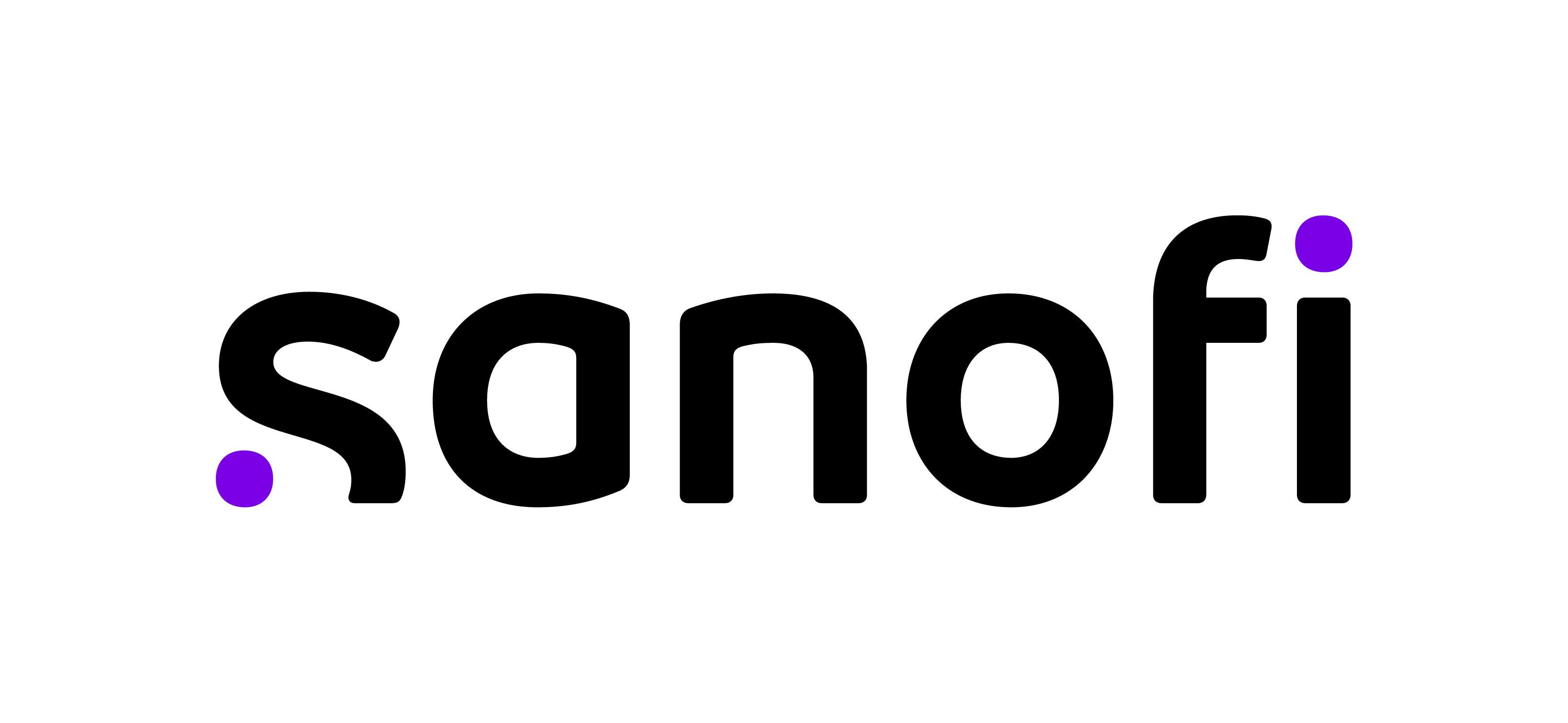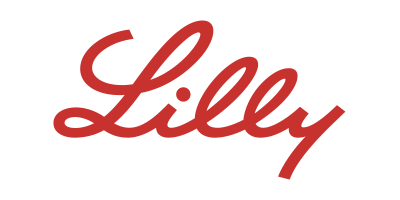Nature Biotechnology and Scientific American Super Session Highlights the Future of the Biotech Sector
Year after year, the BIO International Convention ends on a high note with a Super Session focused on the future of the biotechnology industry. And this year’s session certainly did not disappoint. New therapies and innovations were at the forefront of Nature Biotechnology and Scientific American’s Worldview Super Session, entitled “Biotech Innovation in a Faster Future.”
Basing the title and theme of the session on a publication out of MIT Media Lab entitled, “Whiplash: How to Survive our Faster Future,” the 6 panelists on the Super Session discussed the acceleration of innovation and convergence of biological and digital technologies. According to the panelists and moderator, Andrew Marshall (Chief Editor, Nature Biotechnology), the future for biotechnology is bright, but as a sector we will continue to face hurdles such as funding and affordability of treatments. However, new therapies such as cell and gene therapies will present new questions as how to overcome these hurdles. For example, panelist Vicki Seyfert-Margolis (Founder and CEO, My Own Med, Inc.) discussed regulatory challenges, particularly clinical trials, in the face of these new technologies. She believes that “we need to use data to understand what’s happening in real world health settings.”
In terms of investment, Marshall challenged the panelists with the idea that the innovation hub models of Boston and San Francisco cannot exist anywhere else in large part given the lack of venture capital. Kathy High emphasized the importance of people and patients, and offered Spark Therapeutics’ partnership with Children’s Hospital of Philadelphia as an example of how to be successful without following the traditional model of VC funding. Such innovative models to develop biotech hubs can be critical to countries across the globe developing domestic biotech sectors that don’t have access to large amounts of capital, but can creatively leverage their existing institutions and expertise.
Biotechnology innovation is moving at a rapid speed, benefiting patients across the globe. With such acceleration in innovation, it is critical that we continue to host forums, such as the Nature Biotechnology and Scientific American Worldview Super Session at the BIO Convention, to pose solutions to some of these challenges.




.jpeg?itok=ByJuBfy-)











.png)


